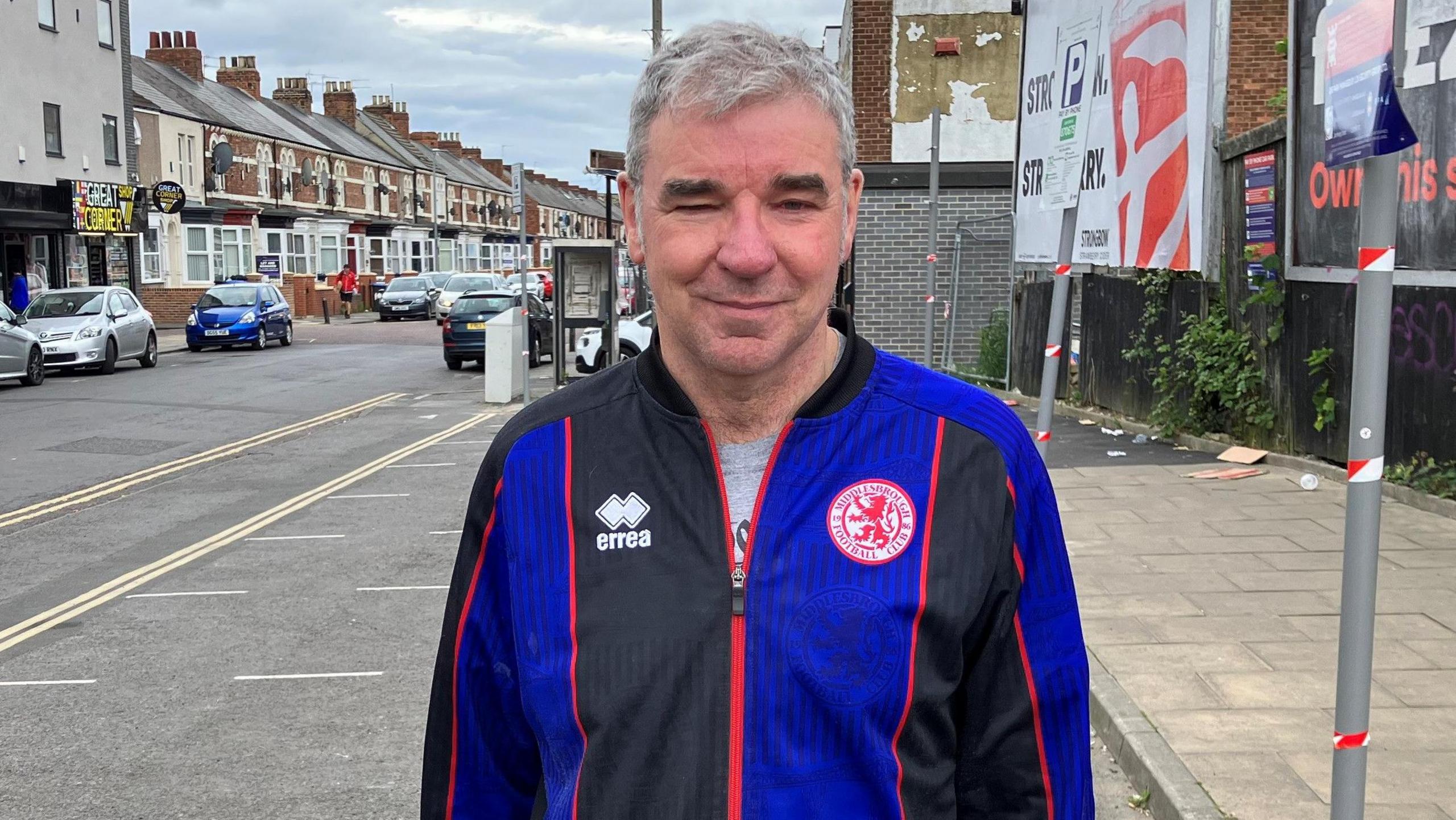'Our mosque feels like a prison after riots'
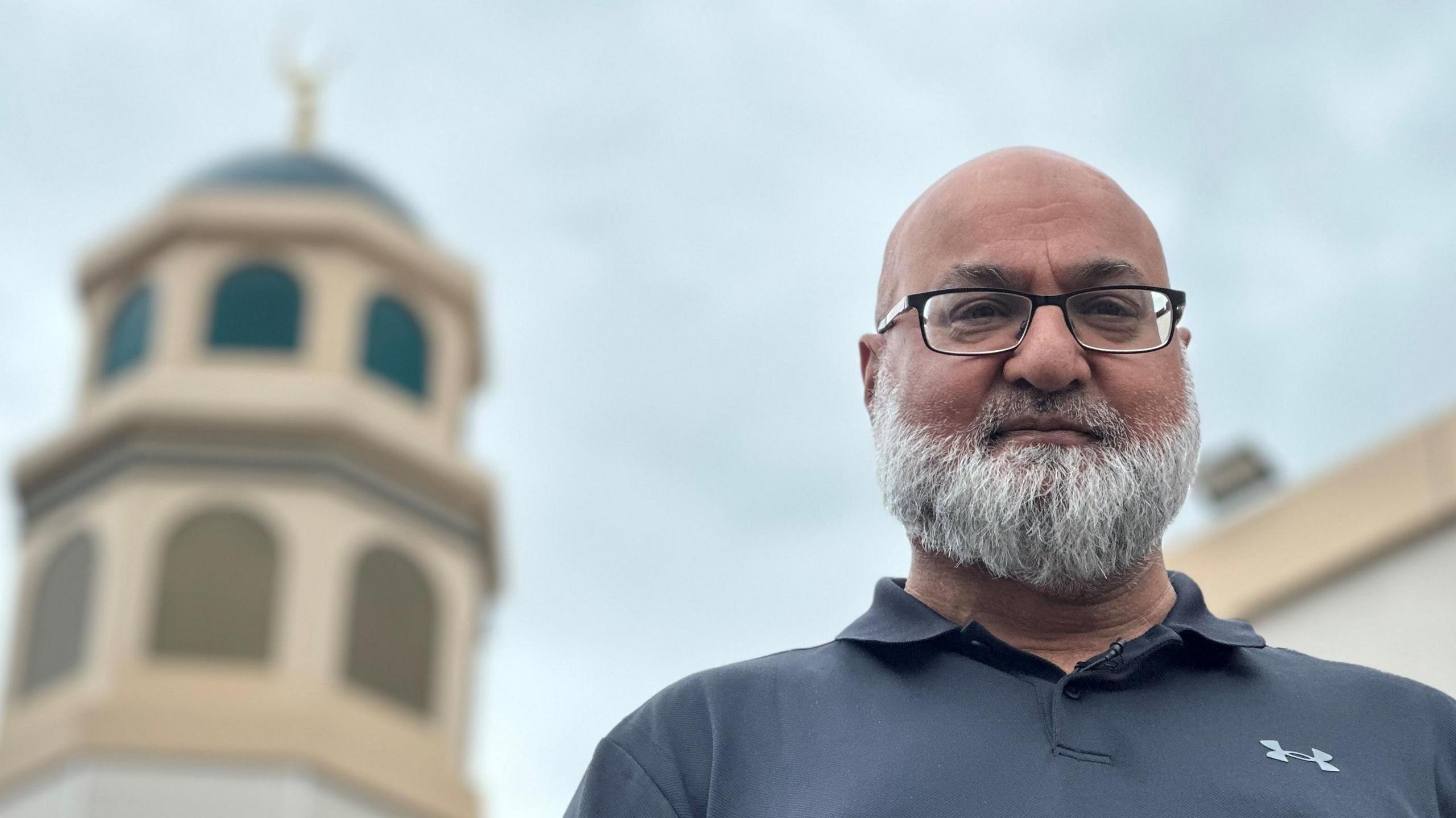
Zaf Iqbal has installed CCTV and secure doors after his mosque in Sunderland was attacked during last summer's riots
- Published
A year ago, riots - fuelled by misinformation and anti-immigration hate - broke out following the murders of three girls in Southport. One area affected was the north-east of England, where police have since recorded a significant rise in racial and religious hate crimes.
With CCTV cameras and heavy-weight steel doors, the Masjid E Anwaar E Madinah mosque in Sunderland has changed a lot in the past 12 months.
"It should not feel like a prison," says Zaf Iqbal, the treasurer of the mosque, which also has bars across its windows.
But he knows first hand why the extra security is needed.
He was one of four men locked inside the building when violent mobs tried to attack last summer.
"It was traumatic," he says. "You don't expect to be attacked in your home city because of the colour of your skin."
The riot erupted in August 2024 after three young girls were murdered at a dance class in Southport.
It was falsely claimed on social media that the killer had arrived in the UK on a dinghy in 2023. Others posted that he was a Muslim, and a fake name also circulated.
As a result, Southport Mosque was attacked in a night of extreme violence, before Islamic communities elsewhere were targeted.
"Why anybody was rioting in other towns away from Southport, it baffles me," says Mr Iqbal.
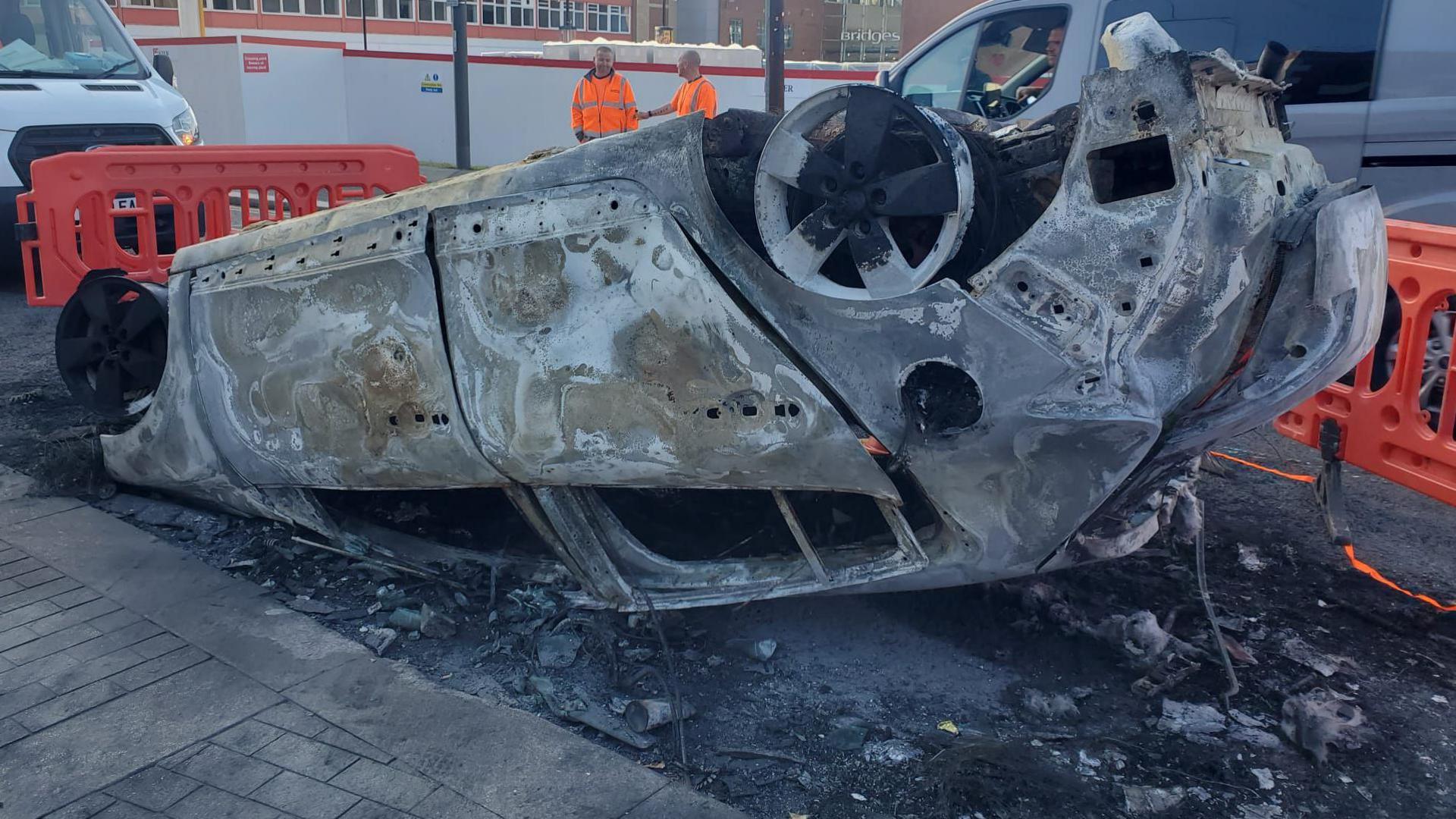
Cars were set on fire during a riot in Sunderland in August 2024
A year on, "the tension in the community" has left some living in constant fear of a repeat of the disorder, he says.
"Sunderland's my home city. If I can't feel safe in my home city, where am I meant to feel safe?" he asks, visibly upset, before breaking down in tears.
"I was born and raised in this city, I work in this city, I work in the community in this city, and yet at times it doesn't feel like home, which is sad.
"With the political landscape at the minute, I think things are going to get worse."
In recent weeks, a series of protests have taken place outside a hotel being used to house asylum seekers in Epping, Essex. It follows a man living there being charged with sexual assault, which he denies.
Police have separately charged 12 people so far in connection with disorder linked to the protests there.
Hate crimes rise
Freedom of Information data obtained by the BBC showed there were 2,757 race and religious hate crimes recorded by police forces in the North East between 1 August 2024 and 31 January 2025 - the six months following the Southport murders.
It shows reports in the region rose by 34% compared to the same six-month period the previous year. The national increase between the same two time periods was less than 1%.
The region's police forces also recorded 361 racial or religiously aggravated assaults in the six months following the Southport attacks, a 20% increase when comparing the same time period in the previous year.
The figures cover some of the region's disorder, which may reflect some of the increase.
The recorded rise could be down to an increase in such hate crimes taking place, however a proportion could also be caused by more people reporting incidents.
International events can also "peak reports", according to Peter Hopkins, a professor in social geography at Newcastle University, who researches Islamophobia.
"We see whenever there is a terrorist incident or a major political event there is often a rise," he said, adding: "If there's any TV coverage of a terrorist, it doesn't matter what their religion is, we will see a reported rise in crimes against Muslims."
Government data had previously showed the conflict between Israel and Gaza had also contributed to a rise in religious hate crimes.
'We live in a cycle of fear'
Violence also broke out in Hartlepool, Darlington and Middlesbrough over several days, with an estimated 1,000 people taking part in an anti-immigration protest in Middlesbrough alone.
Videos shared on social media showed some of the crowd smashing windows of homes and cars being set alight.
A man was also seen on mobile phone footage blocking traffic and asking drivers "Are you white? Are you English?". He was jailed in November.
"Over the last five to 10 years racism has palpably grown" in Middlesbrough and the surrounding area, according to Amjid Khazir, the founder of anti-hate organisation Media Cultured.
"I have personally been racially abused," he says.
Cleveland Police, which covers Middlesbrough, saw the biggest increase of recorded race hate crimes in England and Wales in the six months following the Southport killings, with 918 incidents. That was up from 545 compared to the same period the previous year - a jump of 68%.
Supt Emily Harrison, the force's lead on hate crime, said there had been "a clear spike" at the time of the disorder but the number of reports had then returned to levels consistent with the months beforehand.
She said there was "no real trend towards an increase in racially motivated offences and crimes since last summer's events".
The higher number of reports received compared to other local forces could be attributed to factors including effective community engagement and the "diverse" routes available for reporting hate crimes, she added.
'Be careful where you go'
When a car drove into fans at a football parade celebrating Liverpool's Premier League title win in May, people were quick to speculate about the incident on social media.
As happened after the Southport attack, false rumours which started on social media claimed the man allegedly responsible was a Muslim.
It left Middlesbrough's Islamic community "fearing" a backlash, Mr Khazir says.
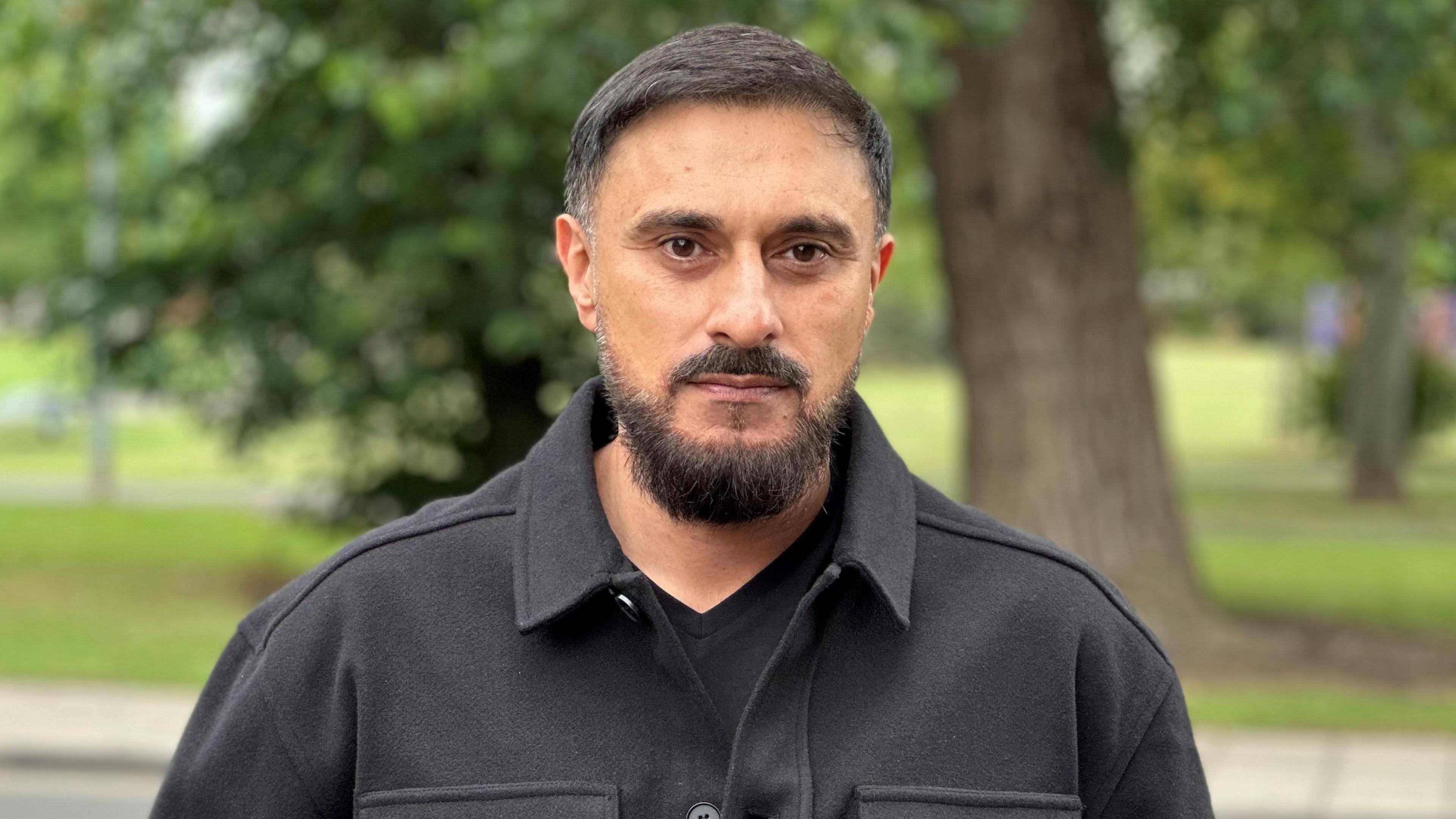
Amjid Khazir says the Islamic community in Middlesbrough always fears another backlash
"Something happens hundreds of miles away and you're fearing for your family here in Middlesbrough," Mr Khazir says.
"You are on the phone to your family saying, 'Have you seen the news? Be careful where you go'.
"You're reiterating to them that this might be a time to stay at home."
In an unprecedented move on the evening of the parade incident, Merseyside Police confirmed the person arrested was a white, British man.
Last year, the force had been criticised for not releasing details earlier about Axel Rudakubana, the man later convicted of the three murders in Southport, when posts on social media were falsely suggesting he was an asylum seeker and potentially an Islamist extremist.
The clarification this time about the man detained in Liverpool was welcomed by the Islamic community, who were anxious of "reprisals."
Following last summer's disorder, Mr Khazir warns racism is "a trend that's not abating".
"The riots brought to bear the challenges we face about social cohesion."
He also blames certain politicians and figures for sharing "rage-bait" on social media.
"People are fearful to walk in certain parts of their own towns," he says.
"People are scared to go out when they see a news report about a potential extremist incident on the TV.
"You're in this cycle of constant fear."
Follow BBC North East on X, external, Facebook, external, Nextdoor and Instagram, external.
Get in touch
Do you have a story suggestion for BBC Wear?
Related topics
- Published9 August 2024
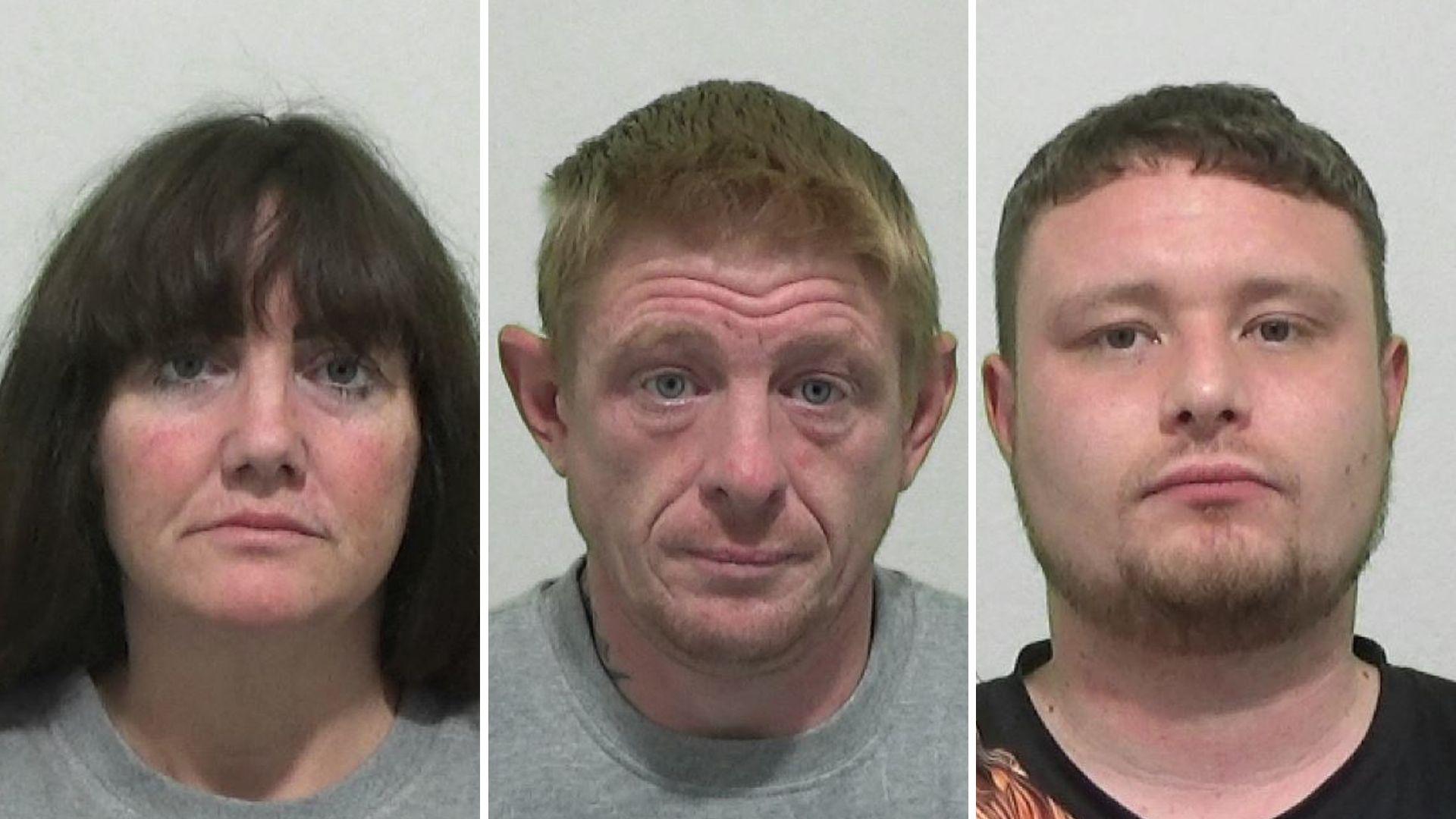
- Published4 August 2024
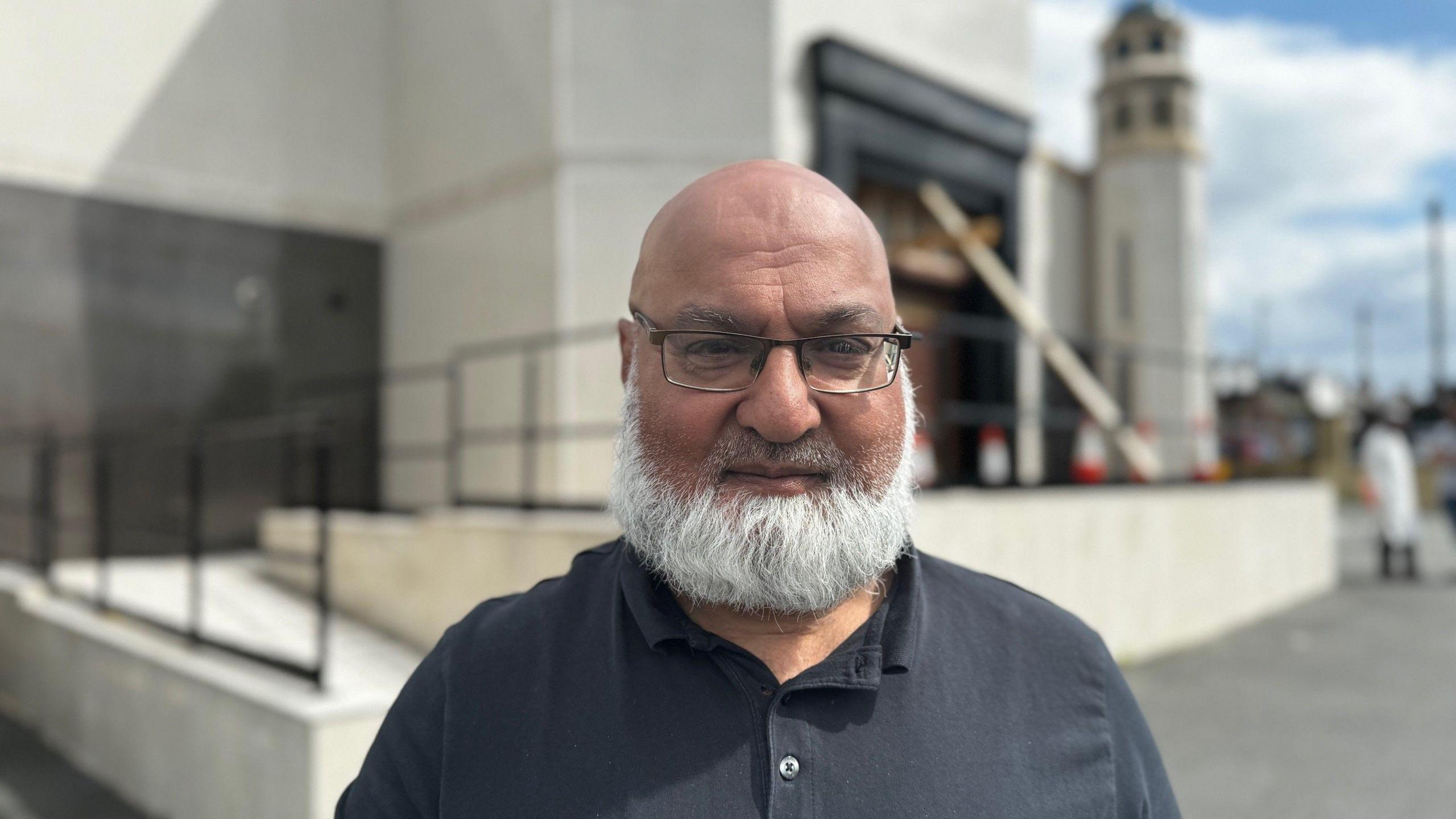
- Published28 May
